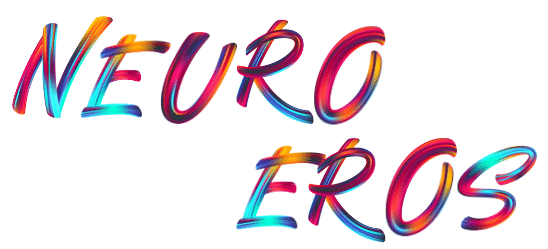Sexuality is a fundamental dimension of being human that includes not only biological sex (the physical and physiological characteristics that differentiate males from females), but also gender (the roles and behaviors considered appropriate in a given society), gender identity (the internal sense of being male or female, or something outside these two categories), and sexual orientation (romantic and/or sexual attraction to men, women, both or neither)[2][3].
It’s important to recognize that these different components of sexuality exist on a spectrum, and that individuals can fall anywhere on that spectrum, reflecting a diversity of identities and experiences. For example, a person may identify as agender, meaning that they don’t recognize themselves in any traditional gender identity and see themselves as non-gendered or neutral. Similarly, a person may identify as aromantic, meaning that they don’t feel romantic attraction towards others[3].
Sexuality is also influenced by a variety of social, cultural and political factors. For example, gender stereotypes, societal expectations, laws and policies, and cultural attitudes can all play a role in how individuals experience and express their sexuality. It is therefore essential to have a nuanced and inclusive understanding of sexuality, which recognizes and respects this diversity of identities and experiences.
